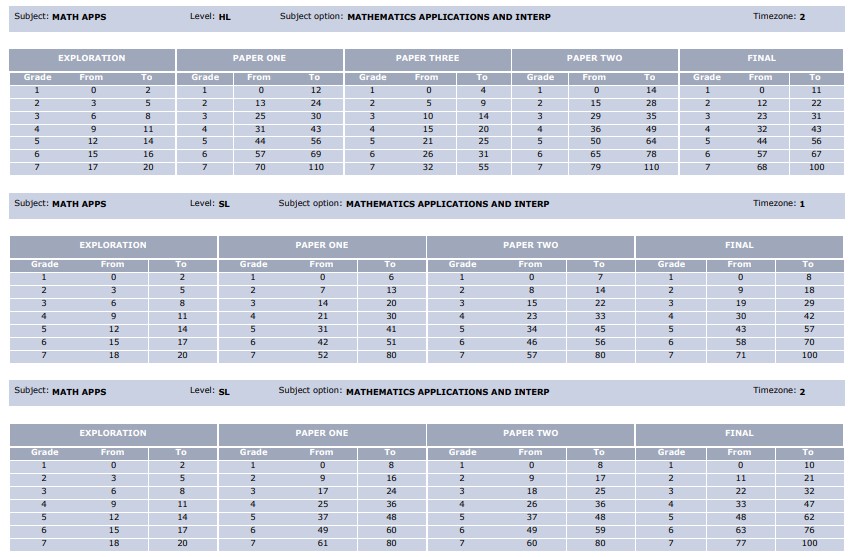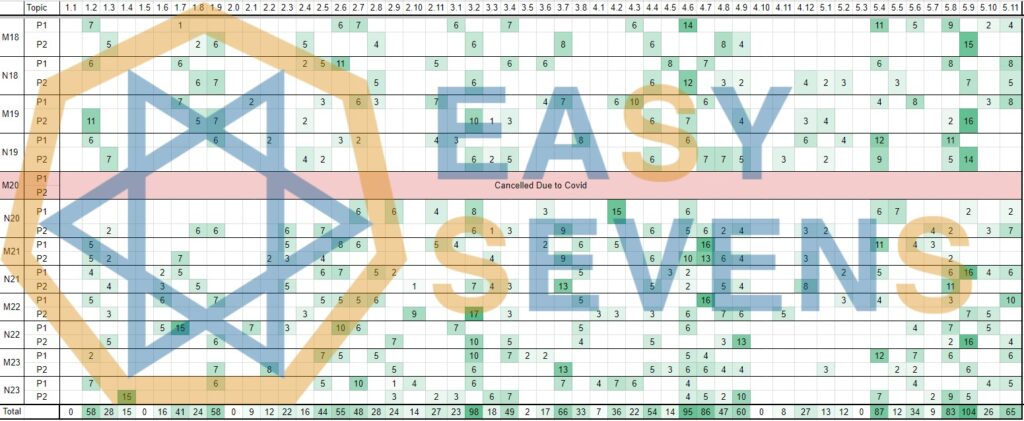The new IB Chemistry syllabus, which was expected to commence in August/September 2021 and have its first exams in 2023, was delayed by two years due to the COVID-19 pandemic. The programme is now scheduled to begin in August/September 2023 with the first exams set for May 2025. While the general outline of the new programme has been available on the IBO website, an update released by IB this month provided a few more details, but the complete programme has not yet been published. The full syllabus has not been released, but it is expected to be published later this year or early next year.
New IB Chemistry Syllabus Overview
The new programme aims to develop a conceptual understanding of chemistry that enables students to make connections between different areas of the subject and other DP sciences subjects. The syllabus is structured into two strands, “Structure” and “Reactivity,” in contrast to the previous listing of the 11 main topic areas. The educational philosophy behind the new programme is centered on examining scientific knowledge claims in a real-world context, encouraging student interest and curiosity. However, there are currently no options in the new programme that provide a real-world context, unlike the previous programme. It remains to be seen how much of the option content has been incorporated into the new structure and reactivity strands. The options in the current programme are factual and may be reduced, but if the new strands contain only basic chemistry concepts, much of the value gained from including some of the old applied chemistry material as options for the past 25 years may be lost.
A syllabus is a statement of what can be assessed, rather than a teaching order. Therefore, the order of teaching the programme will be determined by the teacher. While the new programme’s teaching order may be challenging to follow exactly, it should not be difficult for teachers to adapt their current teaching order to cover the new programme. A good teacher has already been making connections between all the topics, which is now encouraged by the syllabus.
New IB Chemistry Syllabus Assessments
External Assessments
The external assessment will now consist of two examination papers, down from three, with no options available. Currently, Paper 1 consists of multiple-choice questions, and students cannot access calculators or data booklets. In the new programme, Paper 1 still contains multiple-choice questions, but also data-based questions and questions on experimental work. Currently, questions on experimental work are assessed in Paper 3, where calculators and data booklets are allowed. If students are permitted to use calculators and data booklets in the new Paper 1, the nature of multiple-choice questions will change. This is because students can find trends in the data booklet, making it impossible to test their understanding of these trends. It remains unclear whether the specimen paper will contain multiple-choice questions on errors and uncertainties, which are currently in Topic 11.
Internal Assessment
The internal assessment, which accounts for 20% of the final marks, has undergone minor changes. Although the assessment criteria have not been specified in this document, it has been announced that there will be four criteria: research design, data analysis, conclusion, and evaluation. Students may work in small groups to collect data, but they must submit their report independently. However, the IA’s 6-12 page limit, along with the confusion regarding font size, has been eliminated. The report must now be a maximum of 3000 words.
Group 4 Project
The collaborative project, a ten-hour project that extends the programme’s real-world applications, remains unchanged. Teachers and students often find the Internal Assessment challenging. Nonetheless, it is still a critical component, and students will be required to demonstrate their understanding of the concepts learned throughout the programme.






